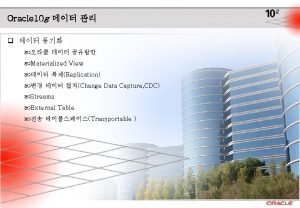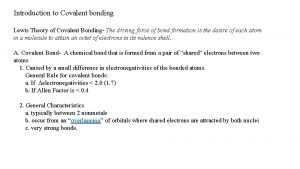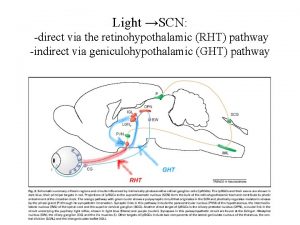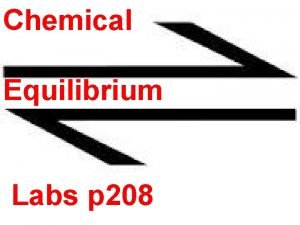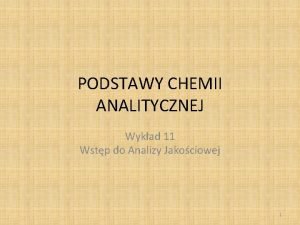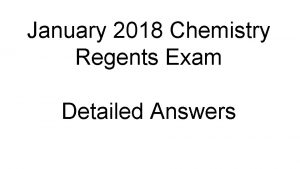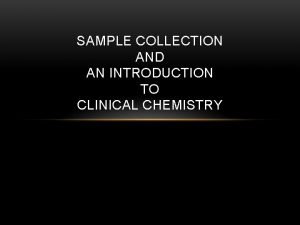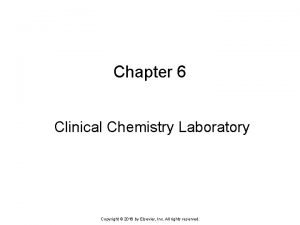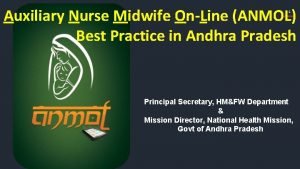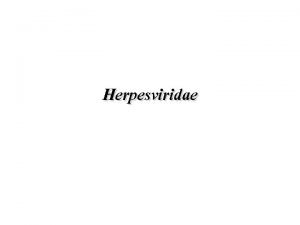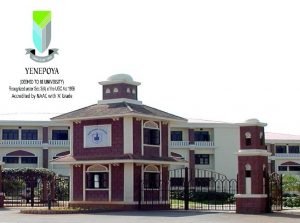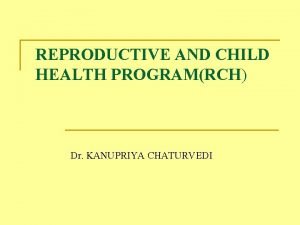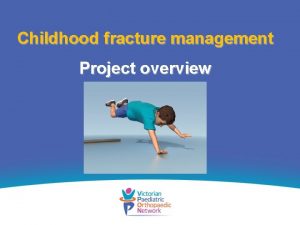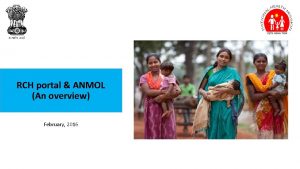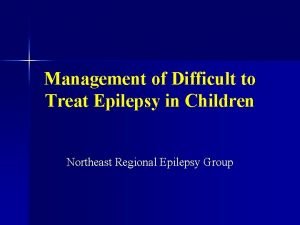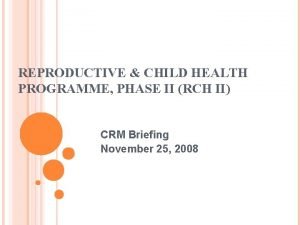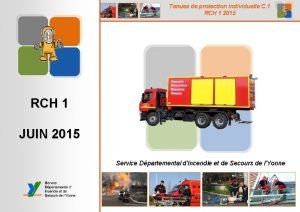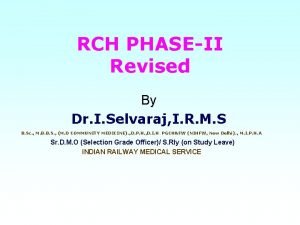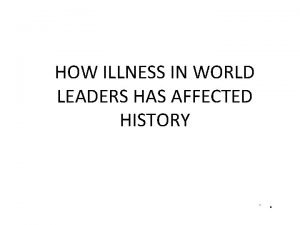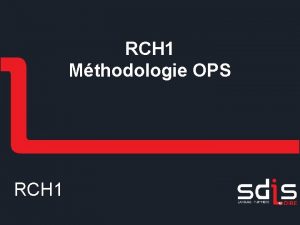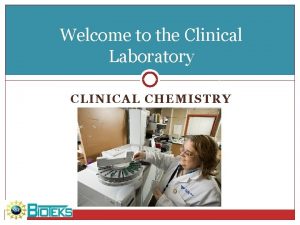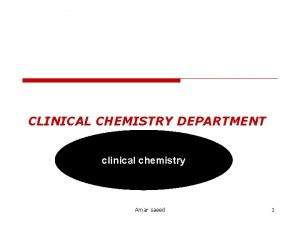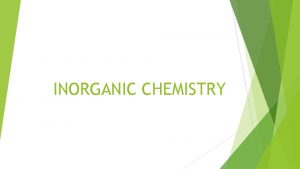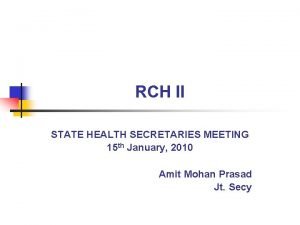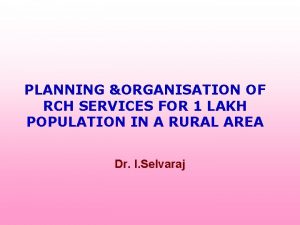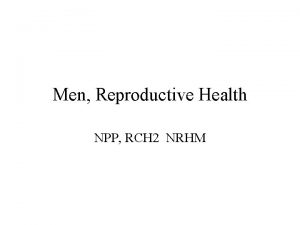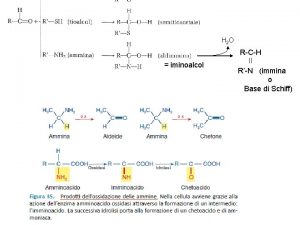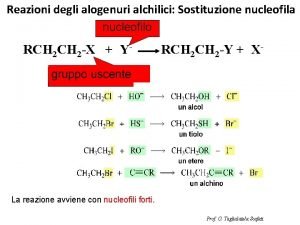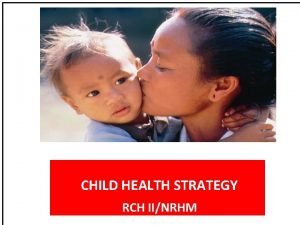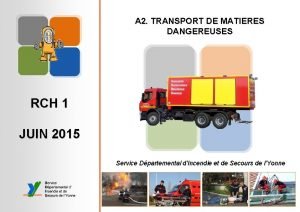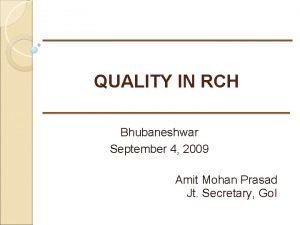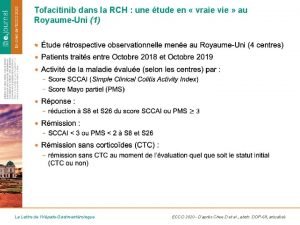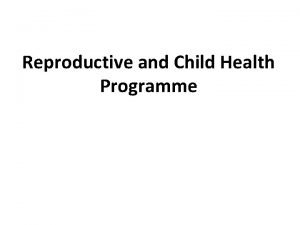RCH Clinical Chemistry ASSISTCKD March 2016 SW SCN



























- Slides: 27

RCH Clinical Chemistry & ASSIST-CKD March 2016, SW SCN Miss Anna Barton Principal Clinical Biochemist, Clinical Chemistry, Royal Cornwall Hospital, Truro

ASSIST CKD- Background The aim is to improve the treatment and outcomes of patients who have chronic kidney disease (CKD) Looking primarily at the long-term e. GFR trend, by looking back up to five years Also looks for short-term decline too The project focuses on those patients who have declining kidney function and may ultimately require dialysis or a kidney transplant

Late Presentation for RRT

How it started…November 2014 Message on the ACB Mailbase With information on the ASSIST-CKD project To cover 12 -15 labs and at least 8 Renal Units England, Wales, Scotland & N. Ireland Funded for a year Anyone interested?

A year later……September 2015 Increased Funding (due to high level of interest) Now up to March 2018 to sign-on more locations Greatly increase statistical power & evidence base Up to 20 main renal units 25 pathology laboratories Estimated population of 11 -12 million people England, Wales, Scotland & N. Ireland

Randomisation: July 2015, Group 1 4 Renal Units, 5 Labs The Royal Cornwall Hospitals NHS Trust (Aug) Doncaster & Bassetlaw Hospitals NHS Foundation Trust (Oct) Wirral University Teaching Hospital (Oct) Countess of Chester Hospital NHS Foundation Trust (Dec) NHS Lanarkshire & Monklands Hospital, Airdrie (in final set-up phase)

Setting-Up @ Truro IT Installed the ASSIST-CKD e. GFR program Set up patient history: Uploaded all e. GFR results on all adult patients reported in the last five years into the program (GP + in/out-patients) Set-up weekly automatic download of latest e. GFR results from Winpath, which could then be manually uploaded to ASSIST program

Setting-Up @ Truro Information for the lab Laboratory Information Pack Written Guide to interpreting e. GFR graphs You. Tube Guide to interpreting e. GFR graphs Competency assessment Pack including 30 sample graphs & marking sheet

Setting-Up @ Truro Information for GPs & KCCG Factsheets explaining the new project from ASSIST-CKD sent to GPs & KCCG Lab Med News Dates of project starting & information on what will happen Providing updates on the project and later Q&A feedback

What do we do in the laboratory? Once a week Sunday- automated download of all of the previous weeks reported e. GFR (GP + in/out-patients) from Winpath into an excel file New e. GFR data manually uploaded into the ASSIST e. GFR program by the Biochemist Then Biochemist performs the patient searches, and reviews & reports on the e. GFR graphs as per the ASSIST-CKD protocol Reports printed sent to GP surgeries

ASSIST-CKD program & searches Select e. GFR reporting dates, GP patients only AND Search A Max age 65 years with e. GFR max 50 ml/min/1. 73 m 2 Search B Min age 66 years, max 120 with e. GFR max 40 ml/min/1. 73 m 2 A list of patients fitting the criteria is produced

Graphs show all available e. GFR results for the last FIVE years, giving a long term view of renal function

Who to report? Don’t Report: Horizontal trend Rising trend-line Not fit ‘report’ criteria Previously marked as reported No graph produced as only one data point available Dialysis patients

Who to report? Don’t Report: Horizontal trend Rising trend-line Not fit ‘report’ criteria Previously marked as reported No graph produced as only one data point available Dialysis patients

Who to report? REPORT: Decline greater than 5 ml/min/1. 73 m 2/year Decline <5 ml/min/1. 73 m 2/year, however, patient will reach a GFR of 10 by the time they reach age 90 Recent drop >10 ml/min/1. 73 m 2 not consistent with previous trend Change in the trend i. e. initially stable, before taking a downward trend which fits the above rules Large variation in GFR reported Previously marked as reported BUT new further steep decline/change in trend

Decline greater than 5 ml/min/1. 73 m 2/year

Decline <5 ml/min/1. 73 m 2/year, however, patient will reach a GFR of 10 by the time they reach age 90

Change in the trend i. e. initially stable, before taking a downward trend which fits the rules

Drop >10 ml/min/1. 73 m 2 in the last few months


First run performed 10/08/15 Program Version 1 First date search 02/08/15 to 09/08/15 Had quite a few IT issues Took >2 hours to review & report + print Fed back problems to ASSIST-CKD Suggested improvements

Version 2 aka ‘the Cornish version’ Version 2, 2016 ASSIST-CKD took all our problems & suggestions on board and created a new version Median 257 patients listed per week 88 reported (34%) per week Time to perform patient reviews approx 60 -80 mins We are far more familiar with the software & reporting Many patients that are listed are already flagged Streamlined processes within the lab

GP Questionnaire- mini snapshot Sent out Dec 2015 & again in Feb 2016 to non-responders As of 17/03/16 42% responded 96% liked the graph layout & found it clear 68% found the text information under the graph useful Due to receiving an ASSIST-CKD graph 52% have consulted the RMS guidelines 50% have contacted the Renal team via email 13% have contacted the Renal team via phone 42% have referred a patient 63% have reviewed a patient earlier than planned 30% have shown a patient a graph & 56% found that useful 32% have altered the way they view long term changes in renal func

GP Questionnaire- mini snapshot Sent out Dec 2015 & again in Feb 2016 to non-responders 100% would prefer electronic reporting 65% filled in the free text area “GPs feel the reports highlights the results in a way that stand out from a simple set of numbers” “Please continue. Is a reassuring back-up to our own monitoring” “Prompt me to be certain that adequate care being given” “Reminds you to review patient but generally its already actioned” “Too late for me as have already dealt with results, but other drs may not do the same and so it's a good prompt” “We review previous e. GFR scores when filing results, so usually aware of patient before report arrive” “Not helpful as out of date by the time we receive them, and just another piece of paper for us to process” “None of the 3 GPs partners found the graphs helpful. We are already are monitoring and referring our CKD 3 patients very well”

Other Biochem + Renal on Pirate 2 Radio about ASSIST-CKD & CKD Spoken at National & Local ASSIST-CKD events

Future ASSIST-CKD funding finishes end of July We are placing a business case to the KCCG Cover population approx. 470, 000 RCHT Lab costs £ 4 k/yr RCHT IT costs £ 3 k/yr ASSIST-CKD Software costs £ 650/yr Total £ 7, 650 a year But one years dialysis per patient is £ 25 k + ancillary costs too

Thank you
 Poland national anthem lyrics
Poland national anthem lyrics Oracle advanced replication
Oracle advanced replication Scn- resonance structures
Scn- resonance structures Scn
Scn Equilibrium labs
Equilibrium labs Thames valley strategic clinical network
Thames valley strategic clinical network Fe(scn)3
Fe(scn)3 Simple bonding theory
Simple bonding theory June 2018 chemistry regents
June 2018 chemistry regents Introduction to clinical laboratory
Introduction to clinical laboratory Serum osmolality formula
Serum osmolality formula Persenyawaan
Persenyawaan Ib chemistry functional groups
Ib chemistry functional groups Organic vs inorganic chemistry
Organic vs inorganic chemistry Rch tk,r
Rch tk,r Rch phase 1
Rch phase 1 Anmol
Anmol Roseola infantum rch
Roseola infantum rch Components of rch
Components of rch Components of rch phase 1
Components of rch phase 1 Fracture
Fracture Rch portal data entry
Rch portal data entry Epilepsy
Epilepsy Rch 2 programme
Rch 2 programme Tenue type 1 rch
Tenue type 1 rch Rch phase 2
Rch phase 2 Kaggle march madness
Kaggle march madness March 30 1981
March 30 1981

